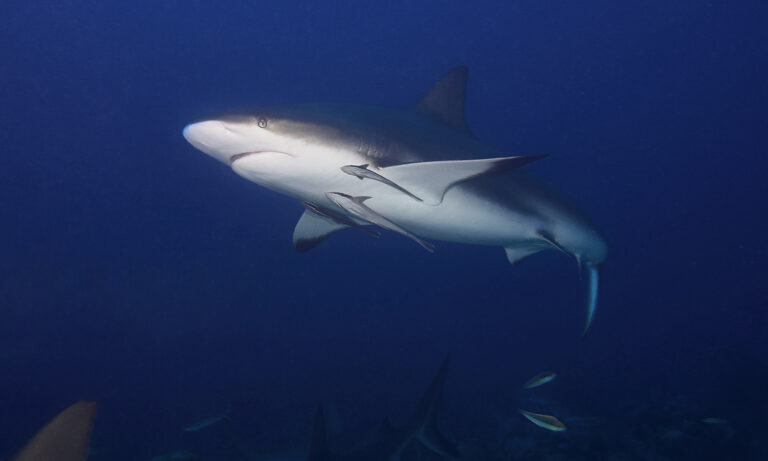Guess which US state has been named shark bite capital of the world?
If you’re planning on going on holiday anytime soon, I wouldn’t recommend visiting Florida. Recent studies have shown that the so-called sunshine state is an absolute feeding ground for sharks. You might’ve always thought that Australia would be a much more dangerous location when it comes to shark attacks, but it turns out that Florida is actually the place you should be scared of.
In fact, according to data collected by the Florida Museum, for some time now, the state has topped global charts in the number of shark bites, with this trend continuing into 2022. Florida’s 16 cases represent 39 per cent of the US total and 28 per cent of unprovoked bites worldwide. In the state, Volusia County had the most shark bites (seven), representing 44 per cent of the state’s total.
Not only does Florida have the most shark attack cases in the world, it also has some of the most vicious. Just under two weeks ago, on Saturday 15 July 2023, a man was attacked and bitten by a shark while sitting in the sea on a central Florida beach.
According to Orlando news station FOX 35, the 48-year-old man was bitten by the shark near the south jetty shortly after 2 pm on Saturday, causing minor injuries to his back. The man, however, refused to go to the hospital.
Only a few weeks ago, a video went viral showing a fisherman who was bitten by a shark and dragged out of his boat into the water. The other men on the boat were able to rescue him and pull him back to safety, and luckily he got away with minor injuries, as reported by USA Today.
Shark attack in the Florida Everglades! pic.twitter.com/SQoxemqvEw
— Animals Goin' Hard (@AnimalsGoinHard) June 24, 2023
Bull sharks appear to be the most common shark in most of the Florida attacks. Thriving in shallow, warm water, they can approach people who aren’t too far from the shore.
Now, if you thought all of that was insane enough as it is—you know, the fact that there are a hoard of bloodthirsty sharks just off the coast of Disneyland. Then, you’re never going to believe this. According to The Guardian, scientists think crazed and hungry sharks could be feasting on bales of hallucinatory drugs dumped off the Florida coast. Move over cocaine bear, we’re now being faced with cocaine sharks.
All jokes aside, Florida-based environmental engineer Dr Tracy Fanara and lead researcher looking into this problem told the publication: “It’s a catchy headline to shed light on a real problem, that everything we use, everything we manufacture, everything we put into our bodies, ends up in our wastewater streams and natural water bodies, and these aquatic lives we depend on to survive are then exposed to that.”
Given the frequency of shark attacks in Florida, it’s definitely not that comforting to think about how potential floating substances might affect these already terrifying creatures.






